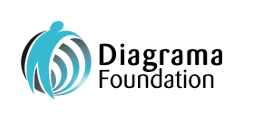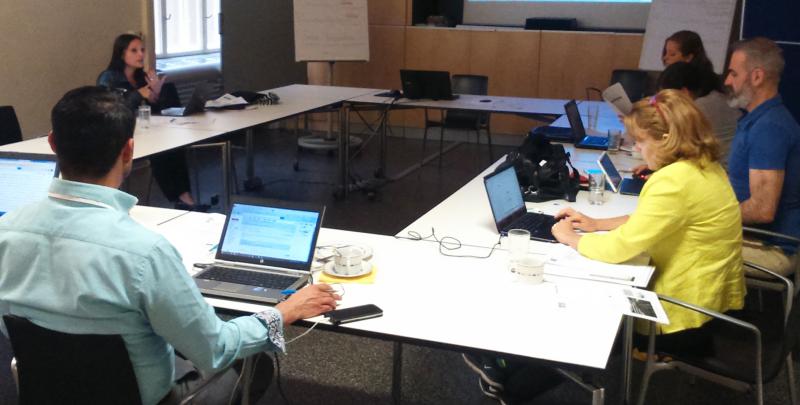Members of the THRIVE European Project have completed the first stage of their project to produce an e-learning tool for teachers and educators of young children.
The THRIVE project aims to support professional development of teachers of children up to 7 years old through an online course, in order to effectively promote positive behaviour in classrooms and future school attendance and achievement. There are six partners, and Diagrama Foundation is joined by Iasis NGO (Greece), BEST Institute for vocational education and related personal training GMBH (Austria), FVA New Media Design (Italy), Solidarity without Borders (Spain) CJD Verbund NRW Süd / Rheinland (Germany).
The meeting, held on May 30 and 31, in Vienna, Austria, at the BEST headquarters, offered members the opportunity to present results of research carried out by each partner in their own countries, after teachers and educators were asked questions about educational systems for preschools and primary schools. These questions formed the first stage of the project’s research, called Intellectual Output 1.
Teaching staff were asked to identify existing policies, good practices and professional development needs. They were also asked to highlight any obstacles to teachers’/educators’ participation in professional development programmes. Finally, they were asked to explore the gap of non-formal learning methodology.
In the meeting, partners used their findings from stage 1 to develop the content plan for the next two stages - Intellectual Output 2 and 3. Each country has been assigned a different area of work which together will help build an e-learning tool for teachers. Diagrama Foundation will be responsible for developing ideas to disseminate the tool.
This online course will provide information and techniques regarding early childhood education and learning through play, help provide teachers with valuable non-formal education methods, arm teachers with basic soft skills in order to prepare children to enter and succeed in the classroom, improve teachers’ quality in monitoring and detecting risk factors of school attendance, assist children’s self-development and enhance motivation of learning.
The next meeting will take place in Madrid in November, when partners will discuss results of the next two stages and the dissemination of the content carried out during this period.






